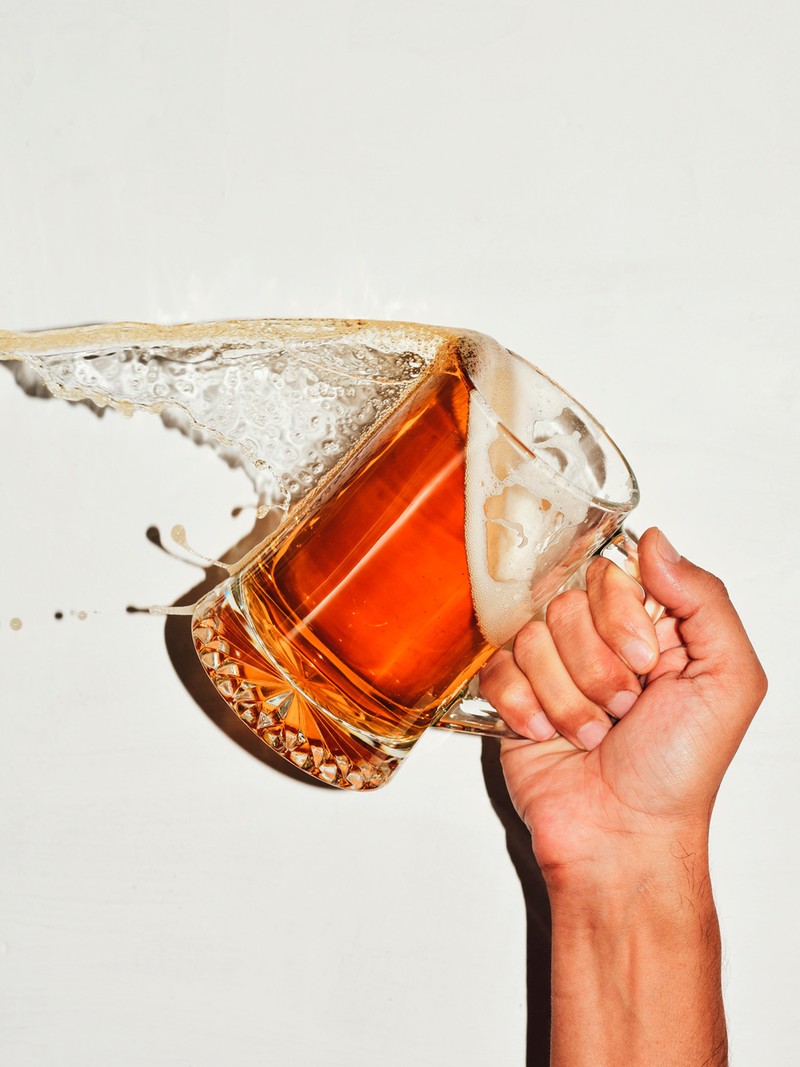
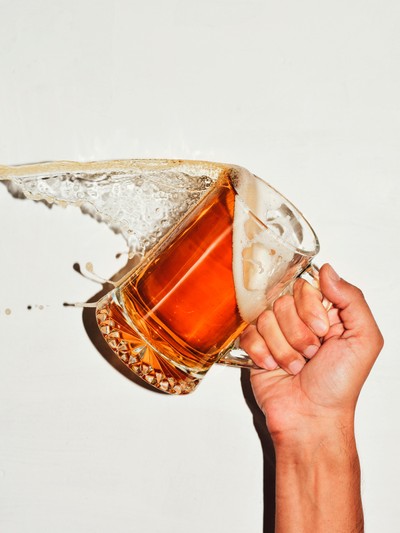
What Beer Does To Your Gut – And How To Drink Smarter
What’s the deal with beer and gut health?
Alcohol can be tough on the gut, and beer is no exception. As Rob Hobson – nutritionist and consultant at Healthspan – explains, overconsumption may reduce microbial diversity, increase the likelihood of leaky gut, and drive inflammation. “But that doesn’t mean a pint now and then will derail your gut health,” he says.
Dr Caitlin Hall, gut health dietitian at Myota, agrees: “Beer can weaken the gut lining and disrupt the balance of bacteria,” she says. “The high alcohol and carb content of some beers can create a perfect storm – especially in people with gut issues like IBS.”
However, research suggests moderate beer consumption could have benefits – especially when it comes to increasing levels of beneficial bacteria. “The polyphenols, fibre and other plant compounds in beer – especially varieties made with lots of hops – can stimulate a healthier microbiota,” adds Kelly Mulhall, nutritional therapist. “But moderation is key,” she stresses. “A few pints on the weekend aren’t going to undo a good diet, but regular excess might.”
Why does beer make some people feel rubbish?
If you’ve ever felt bloated or heavy after a pint or two, you’re not imagining it. “Beer is carbonated, which means it contains gas – and that alone can lead to bloating,” says Rob. “It’s also high in fermentable carbs and often contains gluten, both of which can be harder for some people to digest.”
Caitlin explains that for those prone to reflux, beer can also be a trigger. “It relaxes the lower oesophageal sphincter and may increase stomach acid – but this is more likely if you drink on an empty stomach or go overboard.”
Kelly adds that some beers also contain high levels of histamine, a compound that causes blood vessels to dilate, leading to bloating. “Beer also contains high levels of carbs, so sometimes beer-related bloating can simply be due to an overreaction of the bacteria feasting on the simple sugars,” she says.
Are some beers better than others?
Yes – and it’s all about how they’re made. “Unfiltered, craft or sour beers tend to be better for the gut because they’re less processed,” says Rob. “They might even contain small amounts of live yeast or bacteria from the brewing process.”
Kelly agrees: “Sour beers brewed with live cultures or traditional methods often contain more polyphenols and naturally occurring plant compounds that may benefit the gut. While you’re not getting the same punch as fermented foods, they’re a smarter choice if you love beer.”
Caitlin adds that while beer isn’t a gut health elixir, choosing more natural or minimally processed options makes a difference – especially if you’re also eating well and staying hydrated.
Which beers are worst for your gut?
Some beers are more likely to aggravate gut issues than others – especially if they’re highly processed. “Mass-produced lagers, high-alcohol IPAs, low-carb beers and anything with a long ingredient list are the worst for your gut,” says Rob. “These are often full of sulphites, artificial sweeteners, caramel colouring and stabilisers. Not only do they irritate the gut lining, but they also mess with your microbiome.”
Caitlin adds: “Beers with high alcohol percentages are more damaging to the gut barrier. And anything flavoured or sweetened is likely to contain additives that are known to upset digestion. If your beer gives you headaches, skin reactions or bloating, check the label – sulphites could be to blame.”
Kelly echoes this: “Foreign beers made with genetically modified grains or artificial flavourings should also be avoided. If the label is vague or the list of ingredients is long, chances are it’s not doing your gut any favours.”
Can beer ever be good for you?
Sort of – but temper your expectations. “Sour beers fermented with lactobacillus might contain beneficial microbes,” says Rob. “But the alcohol, the brewing process, bottling and shelf life all reduce how many of these make it to your gut intact.”
Kelly points out that while these beers may provide small, occasional benefits, they’re no match for regular fermented foods or probiotic supplements. “Still, if you love beer, go for ones with fewer additives, under 4.5% ABV, and drink them with food and in moderation.”
If you love beer, what can you do?
“Drinking with food helps protect the gut lining and slows alcohol absorption,” says Rob. “Alternating with water and choosing lower-alcohol or alcohol-free options during the week gives your gut – and your liver – a breather.”
What you eat and drink outside of happy hour is just as important. A fibre-rich diet with plenty of prebiotic and fermented foods – like oats, bananas, leeks, kefir and sauerkraut – can keep your microbiome resilient. And if you’re prone to bloating or digestive discomfort after drinking, consider a daily probiotic or liver-supporting supplement like milk thistle.
And if, heaven forfend, you’ve overdone it?
If you’ve had one too many, there’s still hope for your microbiome. “Prioritise hydration and eat fibre-rich foods the next day – porridge, wholegrains, pulses – which feed your good bacteria,” advises Rob. “Fermented foods will help too. And don’t underestimate the power of sleep – poor sleep can slow gut recovery.”
Caitlin agrees: “Your gut needs time to bounce back. If you’ve been drinking more than usual, give your body a break with a few alcohol-free days. Rebuild with veg, healthy fats and high-fibre meals.”
Looking to upgrade your pint? Try these gut-friendly picks
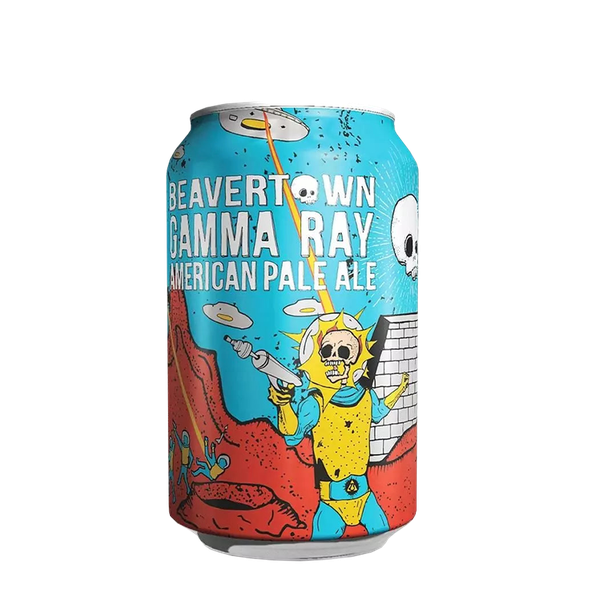
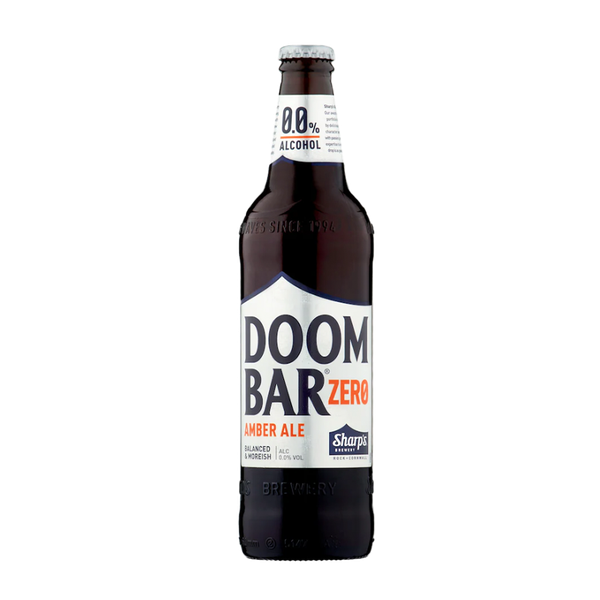
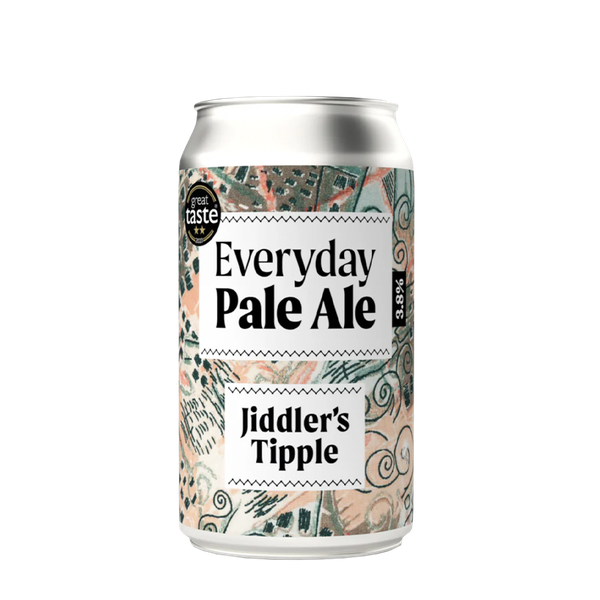
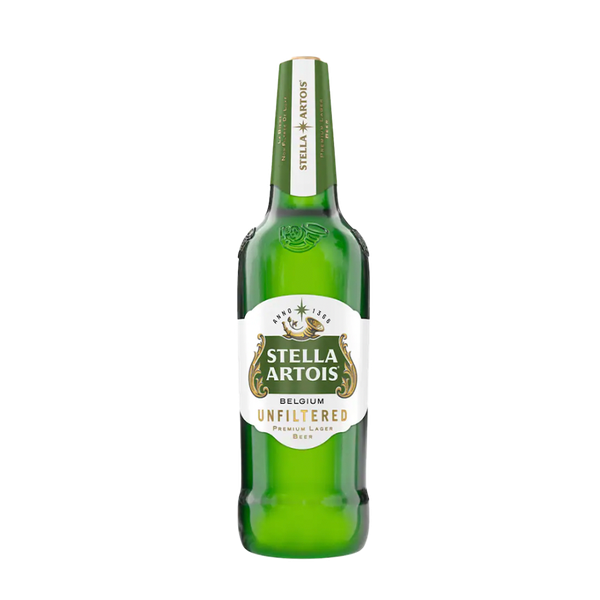
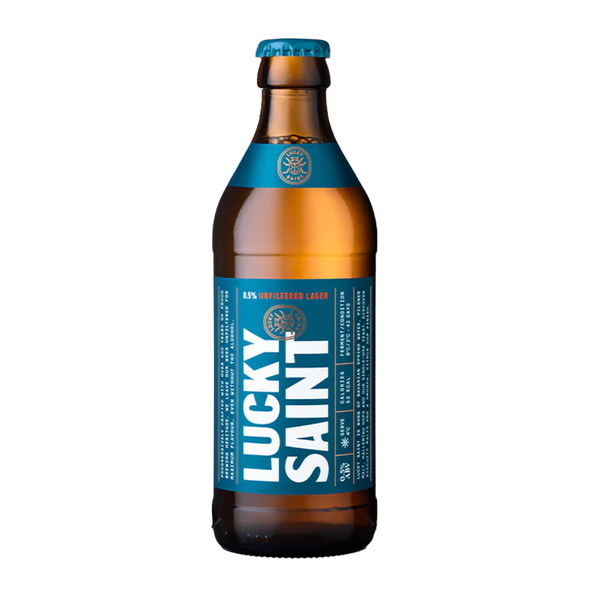
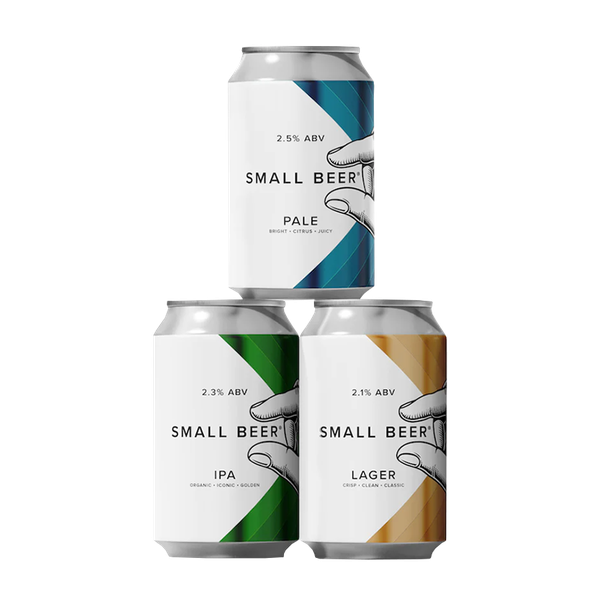
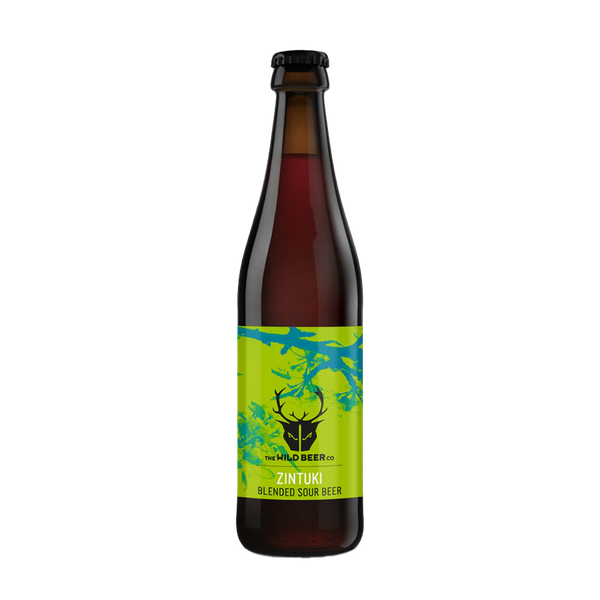
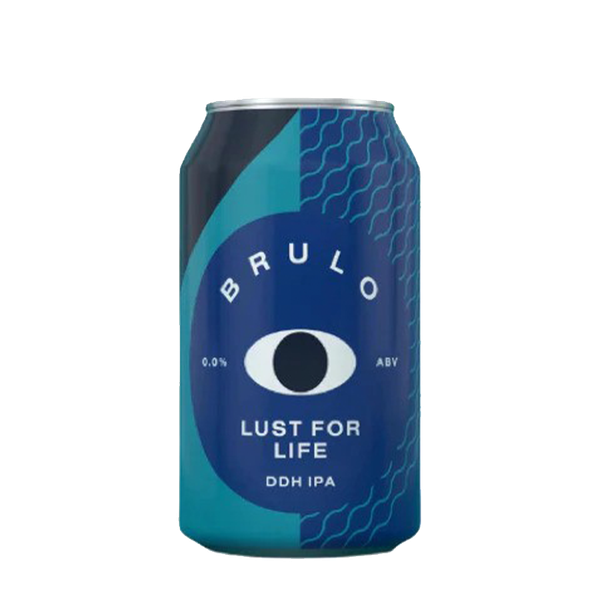
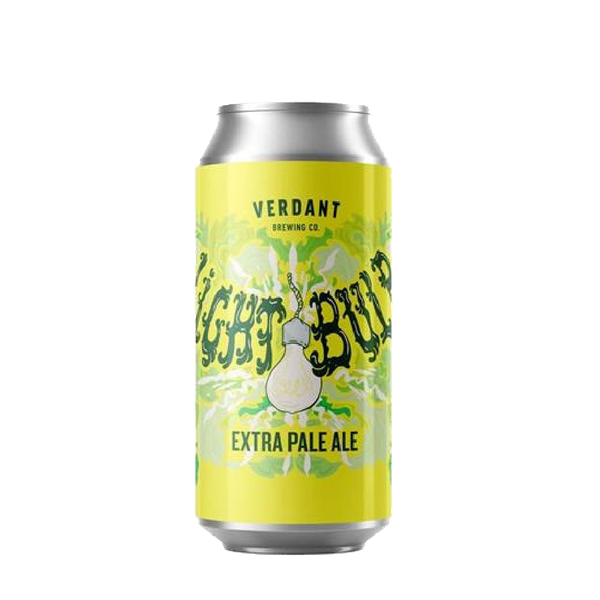
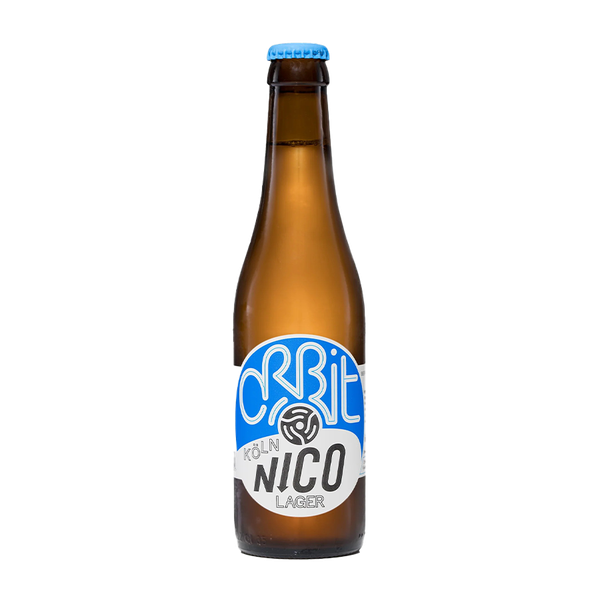
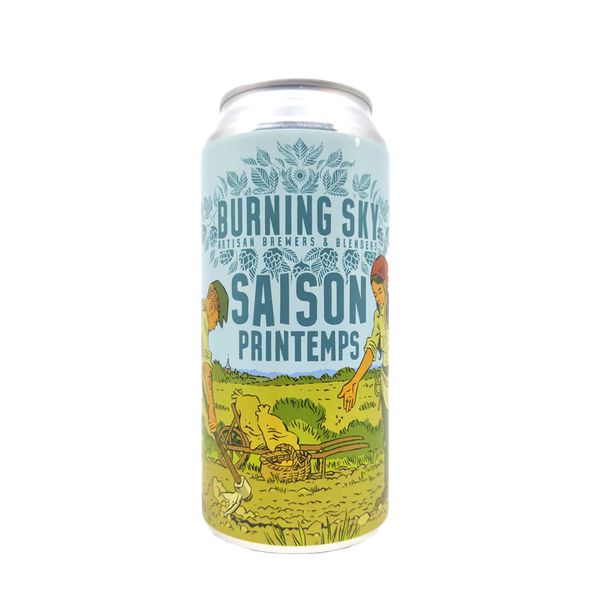
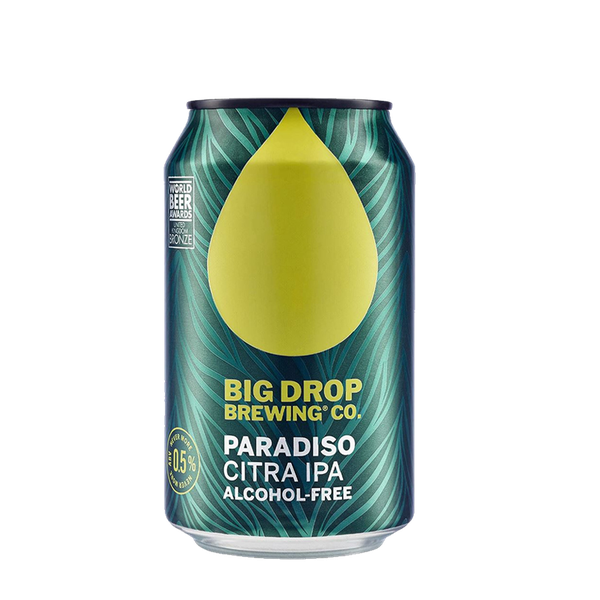
DISCLAIMER: We endeavour to always credit the correct original source of every image we use. If you think a credit may be incorrect, please contact us at [email protected].

